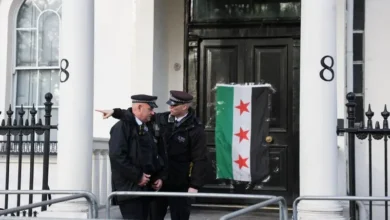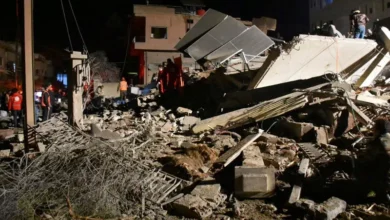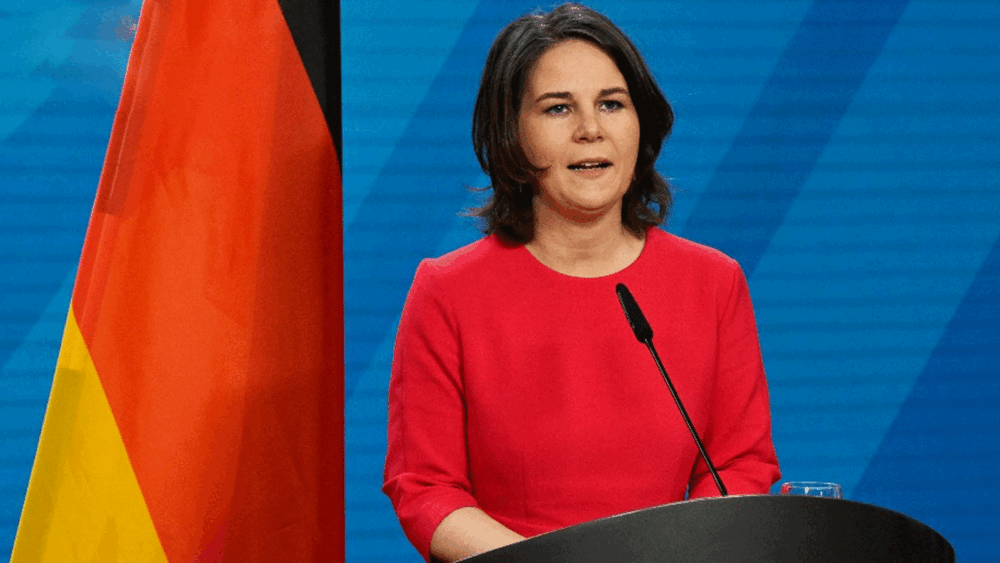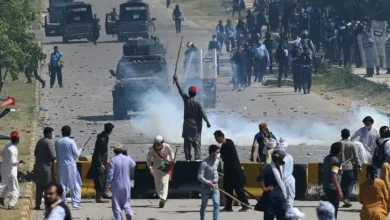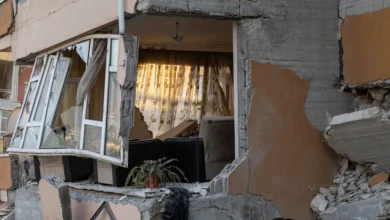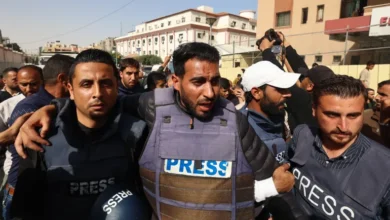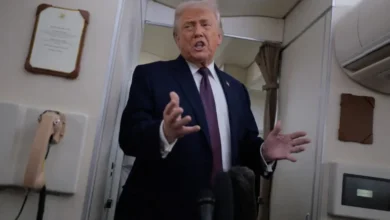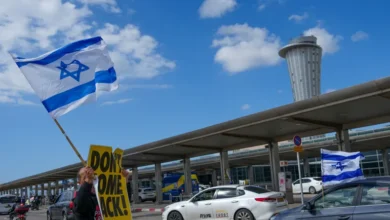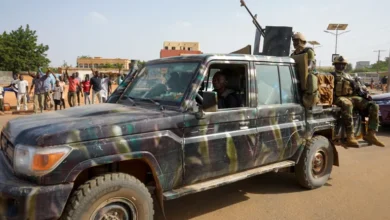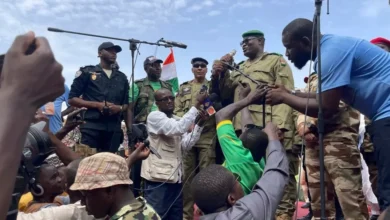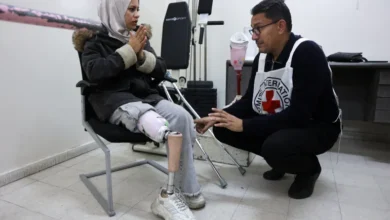China’s media realities clash over truth about war in Ukraine
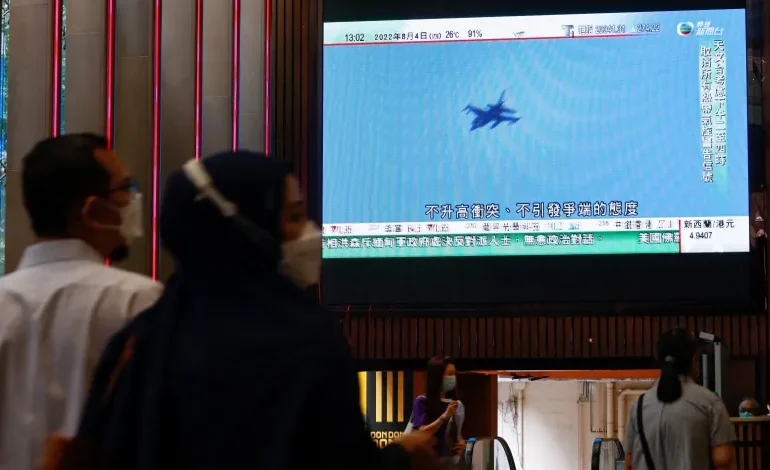
More than 10,000 Chinese people were in Ukraine when Russia invaded on February 24, 2022.
The “no-limits friendship” Russian President Vladimir Putin and his Chinese counterpart Xi Jinping announced between their countries three weeks before the invasion did not prevent Chinese people from suddenly finding themselves in a war zone.
Though the Chinese leadership appeared to have been as surprised by Russia’s invasion as the rest of the world, that shock did not translate into a condemnation of Moscow’s actions, either then or now.
Days into the invasion, China’s state newspaper, the People’s Daily, published a message on the Chinese social media platform Weibo, in which Beijing’s embassy in Kyiv called on its citizens in Ukraine to unite amid the deteriorating situation.
The People’s Daily – along with most of China’s new media – had by then united behind Russia and its on the Ukraine war.
More than a year on, Chinese media coverage of the war still strongly echoes Moscow’s narrative and at times amounts to a mere “copy and paste” of Russian war propaganda.
There is one version of the war reported by Chinese media and Chinese people, Song said, and a very different version from Western media and her Western friends.
It has left her very confused, she added.Different media realities
Hsin-yi Lin from Shanghai has not yet given up entirely on trying to understand the situation in Ukraine. But she has concluded when it comes to the war, China exists in an information bubble cut off from the rest of the world.Early on in the invasion, China’s state broadcaster CCTV ran claims that the United States had funded the development of biological weapons in Ukrainian labs. It was also reported that Ukrainian President Volodymyr Zelenskyy had fled Kyiv in the wake of the first wave of Russian attacks.
Chinese media then dutifully relayed the Russian assertions that reports of torture and killings of Ukrainian civilians in the town of Bucha, near Kyiv, were ”fake news”.
All the while, the invasion was, and still is, being referred to as a “special military operation”, just as in Russian media.
